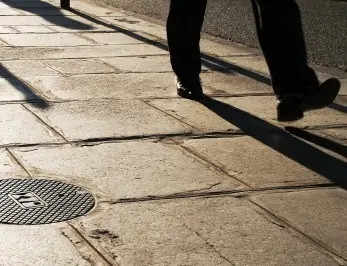
As the name implies, premise liability cases result from injuries sustained because of a defect, condition or negligence on the premises of another person or business. There are many types of premises liability cases brought in U.S. courts each year. Some of these include:
· Slip and Fall accidents
· Trip and Fall accidents
· Defective Sidewalk accidents
· Staircase, Steps and Stairwell accidents
· Elevator and Escalator accidents
· Electrocution accidents
· Falling Merchandise accidents
· Forklift accidents
· Workplace accidents
Overall, falls in this country account for over 8 million hospital emergency room visits, representing the leading cause of visits (21.3%). Slips and falls account for over 1 million visits, or 12% of total falls.
With respect to work-related injuries, according to the U.S. Bureau of Labor Statistics, there were 880 deaths related to slips, trips and falls in 2019 in all sectors of industry. There were 244,000 slips, trips and falls in private industry resulting in injury in 2019. In the five years preceding 2019, there were a total of 1,182,890 slips, trips and falls resulting in injuries.
According to the Consumer Product Safety Commission (CPSC), floors and flooring materials contribute directly to more than 2 million fall injuries each year.
Premise liability accidents from other causes besides slips, trips and falls account for millions of other annual injuries each year.
In Louisiana, Civil Code Article 2322 provides: “the owner of a building is answerable for the damage occasioned by it ruin, when this is caused by the neglect to repair it, or when it is the result of a vice or defect in its original construction.”
Louisiana also has a Merchant’s Liability Act that severely limits the rights of slip and fall victims occurring on the premises of merchants.
Handling premise liability cases can be complex. Often the liability in a case will hinge upon the premises owner’s compliance with local building and safety codes. This will often require expert testimony to establish the duty of the premise owner and any failure to follow industry standards and codes during the construction and maintenance of the premises.
